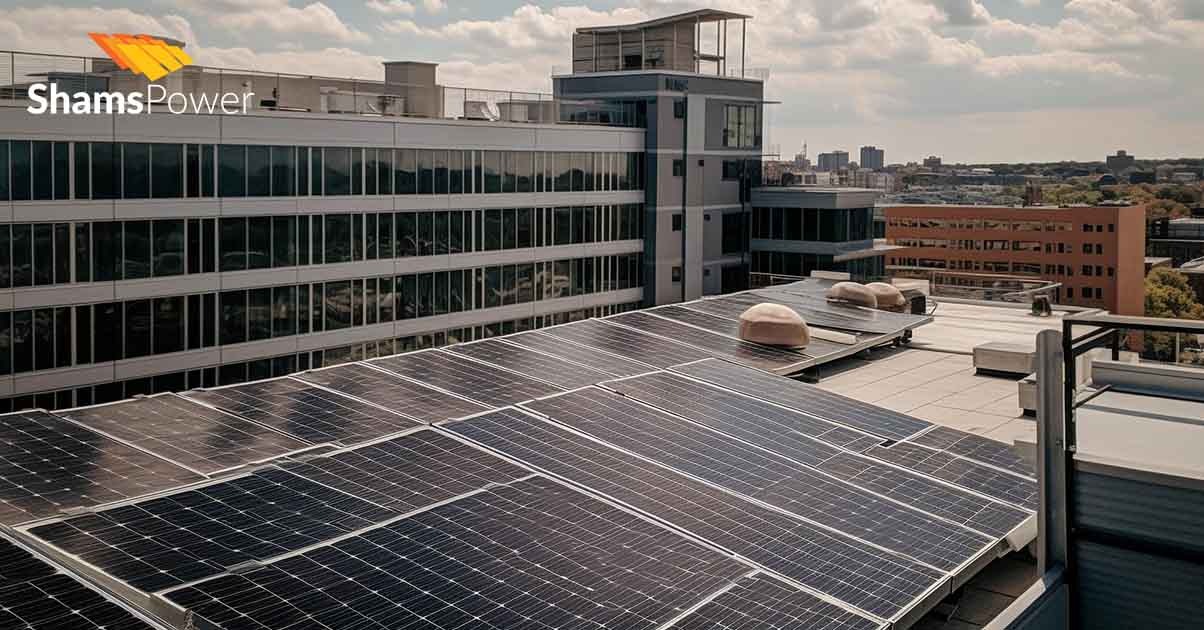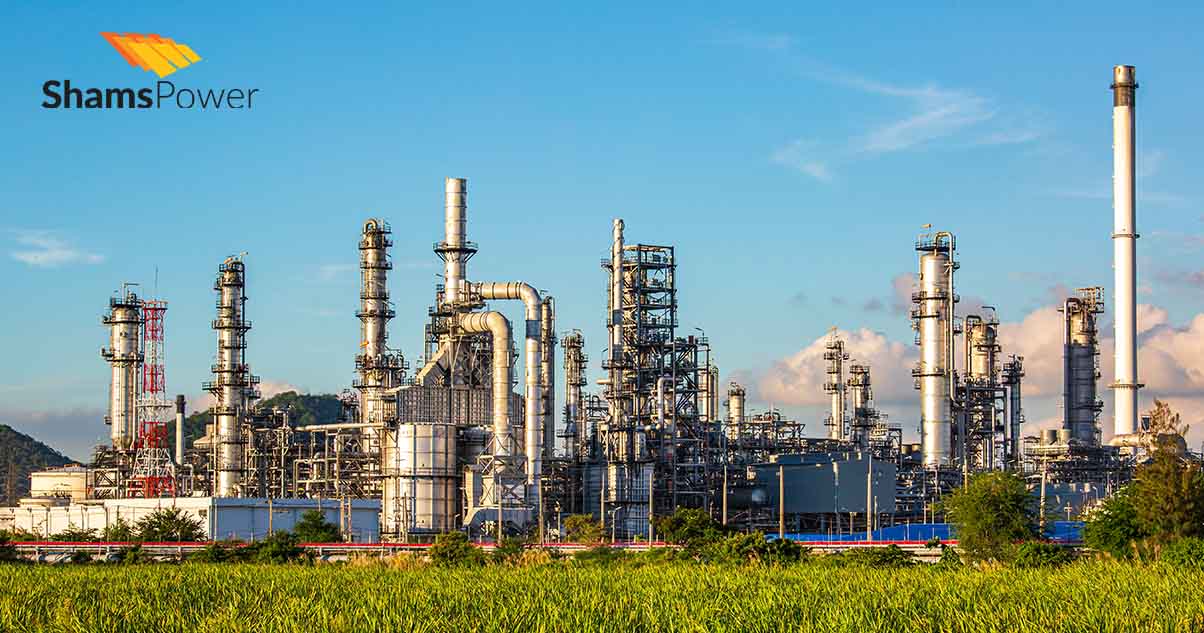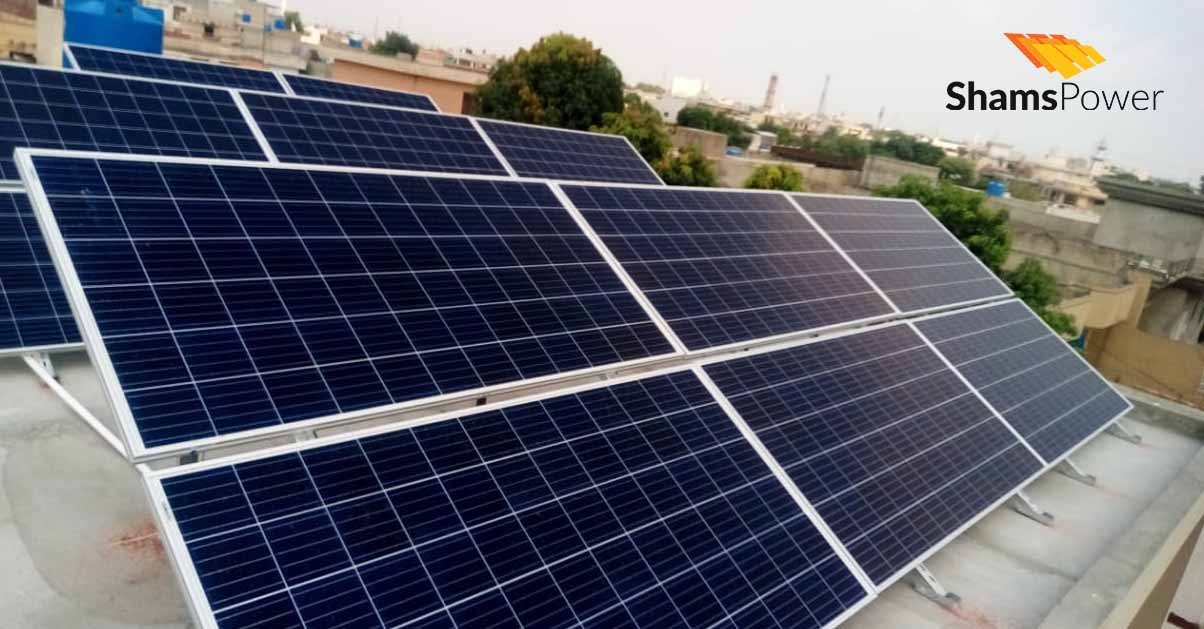Revolutionizing Pakistan's Industrial Sector: The Solar BOOT Model with Shams Power
In recent years, Pakistan has been striving to address its
energy challenges, particularly in the industrial sector where reliable power
supply is crucial for sustained growth and productivity. Amidst these
challenges, the Solar Build, Own, Operate, and Transfer (BOOT) model has
emerged as a promising solution, especially when combined with the innovative
Shams Power initiative. This blog delves into the significance of the Solar
BOOT model for Pakistan's industrial sector, focusing on its benefits,
implementation, and the transformative potential it holds.
Understanding the Solar BOOT Model:
The Solar BOOT model involves a partnership between a solar
energy provider and an industrial facility wherein the provider installs, owns,
operates, and maintains the solar power system on the customer's premises. The
customer, in turn, pays for the energy consumed, typically at a rate lower than
conventional grid electricity. Shams Power, a leading renewable energy company
in Pakistan, has been instrumental in popularizing this model by offering
tailored solutions to industrial clients across the country.
Benefits for the Industrial Sector:
Cost Savings:
One of the most significant advantages of the Solar BOOT
model is its potential for cost savings. By switching to solar power,
industrial facilities can significantly reduce their electricity bills, which
can account for a substantial portion of operating expenses.
Energy Independence:
Reliance on the grid can be unreliable and costly due to
frequent power outages and escalating tariffs. Solar BOOT solutions provide
industrial facilities with greater energy independence, ensuring a reliable and
stable power supply.
Environmental
Sustainability:
As businesses increasingly prioritize sustainability, solar
power offers a clean and renewable energy alternative that helps reduce carbon
emissions and mitigate environmental impact.
Long-term Investment:
Adopting solar energy through the BOOT model represents a
long-term investment for industrial facilities. While there may be initial
setup costs, the subsequent savings and benefits outweigh the investment over
the system's lifespan.
Implementation of the Solar BOOT Model with Shams Power:
Shams Power has been at the forefront of implementing the
Solar BOOT model in Pakistan's industrial sector, offering end-to-end solutions
tailored to the specific needs and requirements of each client. The
implementation process generally includes these steps:
Assessment and Consultation:
Shams Power conducts a thorough assessment of the industrial
facility's energy consumption patterns, site suitability, and financial
considerations to determine the feasibility of solar power adoption.
Design and Installation:
Based on the assessment, Shams Power designs a customized
solar power system optimized for the industrial facility's energy needs and
space constraints. The installation process is carried out efficiently and with
minimal disruption to ongoing operations.
Operation and Maintenance:
Once the solar power system is operational, Shams Power
assumes responsibility for its ongoing maintenance and performance monitoring,
ensuring optimal efficiency and reliability.
Billing and Support:
Industrial clients pay for the energy consumed at a
predetermined rate, typically lower than grid electricity tariffs. Shams Power
provides comprehensive billing services and ongoing support to address any
inquiries or issues promptly.
Transformative Potential:
The widespread adoption of the Solar BOOT model with Shams Power has the potential to revolutionize Pakistan's industrial sector in several ways:
Economic Growth:
By reducing energy costs and enhancing operational
efficiency, industrial facilities can reinvest their savings into expanding
production capacity, creating employment opportunities, and driving overall
economic growth.
Energy Security:
Diversifying the energy mix through solar power decreases reliance on imported fossil fuels, enhancing energy security and reducing vulnerability to external supply disruptions.
Sustainable Development:
Embracing renewable energy aligns with Pakistan's commitment
to sustainable development and climate action, contributing to the country's
efforts to achieve its renewable energy targets and reduce greenhouse gas
emissions.
Technological Advancement:
The adoption of solar power fosters innovation and
technological advancement in the renewable energy sector, driving down costs,
improving efficiency, and paving the way for future developments in clean
energy technology.
Conclusion:
The Solar BOOT model, in collaboration with Shams Power, holds immense potential for transforming Pakistan's industrial sector by offering cost-effective, reliable, and sustainable energy solutions. As more industrial facilities embrace solar power, the country can move closer to achieving its energy goals while unlocking new opportunities for economic growth and environmental stewardship. With continued support and investment in renewable energy initiatives, Pakistan can build a brighter and more sustainable future for generations to come.

.jpg)


Comments
Post a Comment